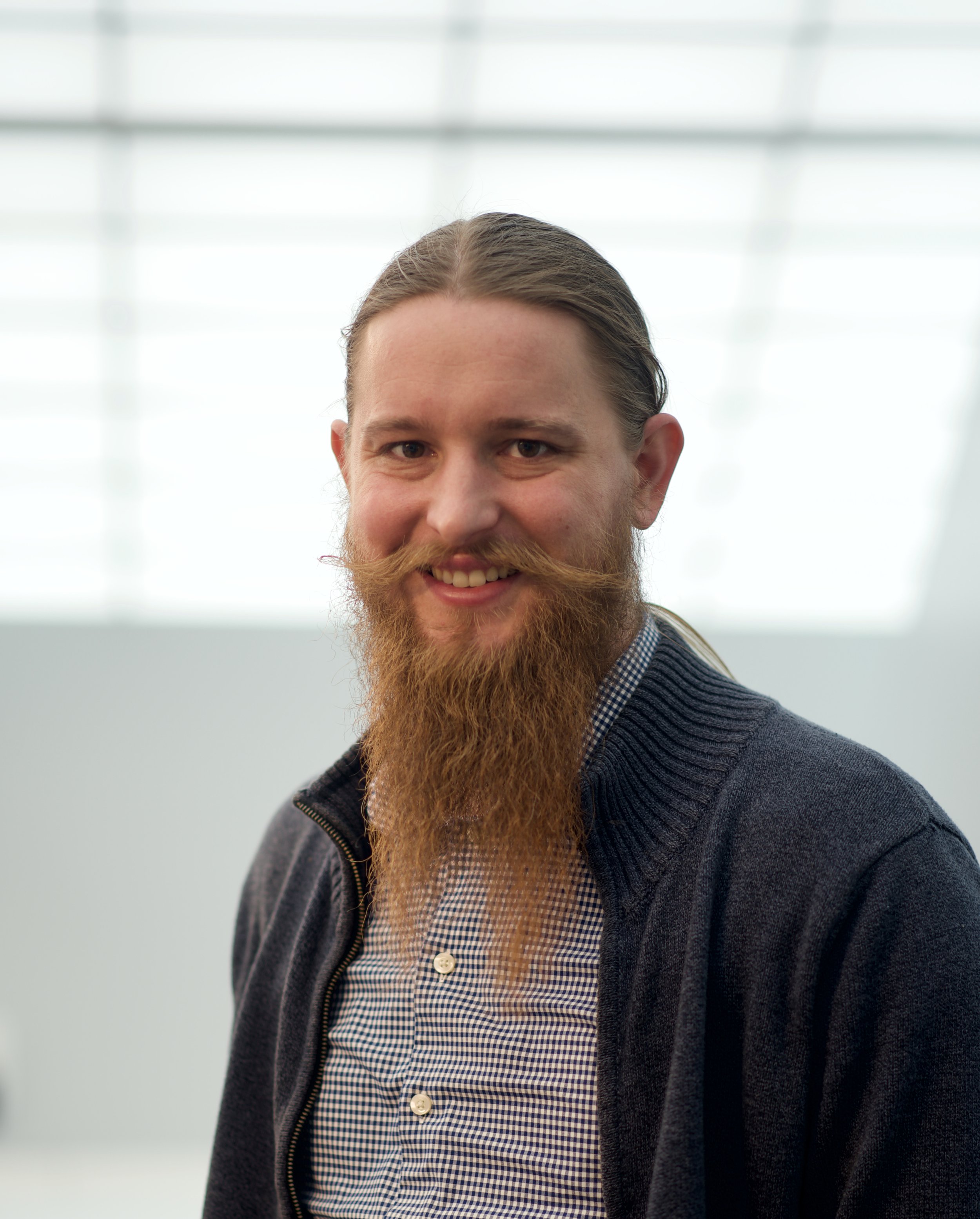NGC Experience: Graham Langdon
Graham Langdon is Director of Product and Design at Allstacks, a platform that enables engineering organizations to keep track of productivity and goals and forecasts the ability to achieve the milestones they've set for themselves.
So he was already poised to understand the value of process, the challenge of pulling together a team that speaks different languages (i.e. technical and non-technical people), and of iterative improvement when he joined the Fall 2021 cohort of the Foundation for Effective Leadership.
Unlike many who go through the program, Langdon knew exactly what he was in for. The Founder of his company was part of the Fall 2019 cohort and brought many of his own learnings into the company.
“I've been a director at my past job but I was limited in scope to a pretty small design team. And, now I’m trying to get the design and product and engineering teams aligned around shared objectives, shared goals, shared timelines, with a shared understanding. There’s just a different level of leadership acumen needed. I'm not just leading my people, but also trying to create excitement and shape a vision that everybody can share.”
Langdon joined the Fall 2021 Cohort along with a few other members of the Allstacks team, which was an advantage, he said.
”Going through the program together gave us a shared experience that opens up areas of conversation that wouldn't otherwise be readily available. We can talk about our aspirations, our goals, and our struggles, having practiced opening up about these exact things in the program. We all stay in tune with one another's needs and aspirations in a way that otherwise would have maybe been kind of opaque.”
The format of the Foundation for Effective Leadership is very hands-on. The term practical is often used because participants actually put what they learn into practice, both during the workshops and at their workplaces, reporting back on the results.
“The program doesn’t just deliver a lot of information for you to consume and then give you a little certificate of completion. Every session requires you to use skills that are awkward at first and require practice and reflection and feedback in order to get good at those skills.
The real impact is in that interaction — in putting into practice those key skills around the GROW Model. How do you solve problems together? How do you help the people that report to you navigate and solve their problems or come up with next steps, without prescribing solutions that they don't actually believe in?
That’s a particular challenge for me. I jump in too quickly with a prescription. But I’ve learned to listen and find out where the struggle points are for my team. I appreciate learning that about myself. It's a real gift to be able to see yourself through other people's eyes and work on the skills that can really have a big impact on your daily effectiveness.”
The same skills that Langdon uses for his role as a manager at Allstacks apply to his relationships at home.
“I really love that the same skills apply to my marriage and family as well. Even more so than work. I’ve learned to work on how I show up to the most important relationships in my life, which are my family. Then my work that's reaping the side benefits — which is the reverse of how it used to be.
It’s not an artificial set of tactics that you turn on and off. This is a fully integrated set of skills for your life and relationships, no matter where they are.”
Allstacks is still a young company, which Langdon noted makes it even more impressive for leadership training to be a priority for both company dollars and team hours.
“It's a big investment, and I'm proud of us for recognizing that. There is a real benefit to spending time outside your own head, away from your day-to-day stress.
We were able to work on fundamental skills and get inspired with a renewed sense of optimism. That pays dividends and is certainly amplified by us having a shared experience and shared language around those skills.”
The overall goal of the Foundation for Effective Leadership program is to demonstrate that leadership is everywhere and shows up in many forms.
“Leadership has all kinds of people in it,” agreed Langdon. “It's accessible to each of us. And practice leads to better leadership outcomes. Leadership is, in fact, a discipline that anyone can develop with the right tools and skills.”

